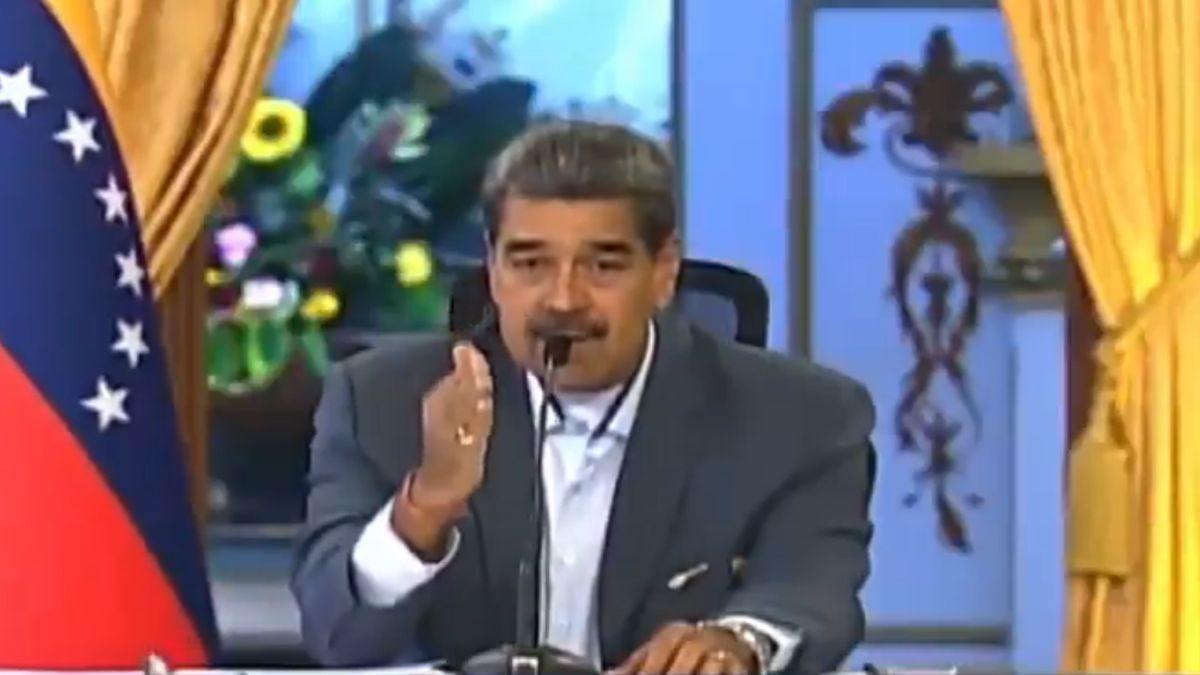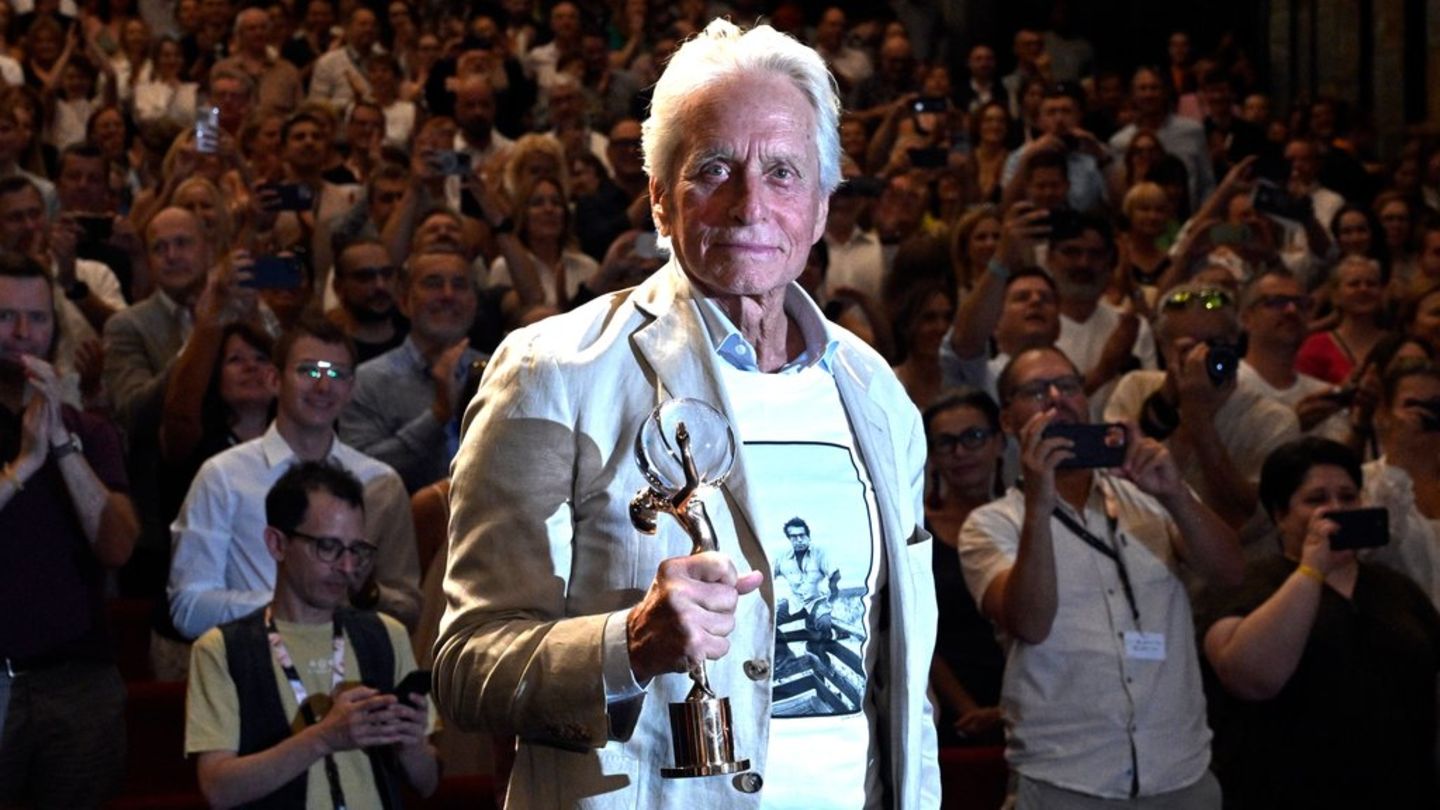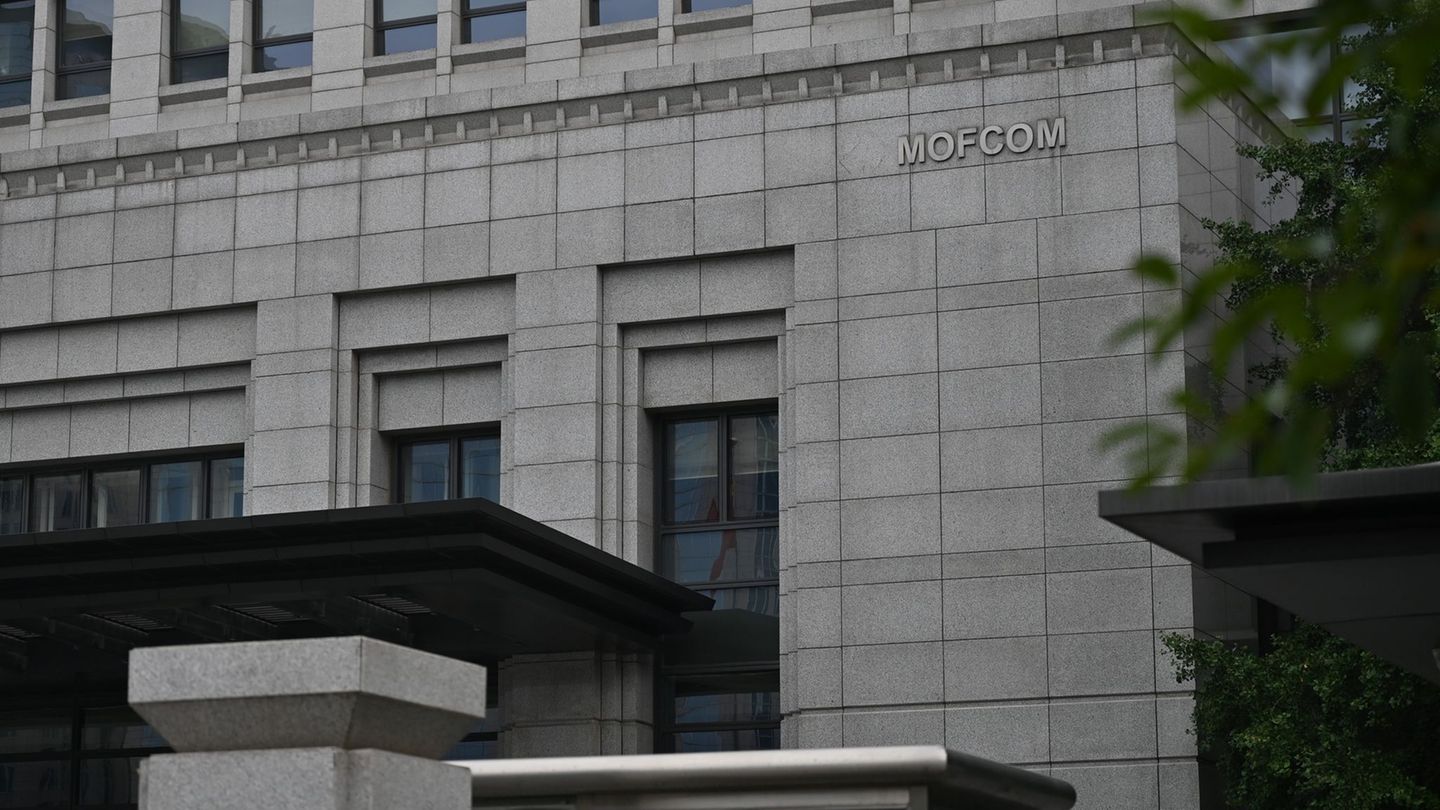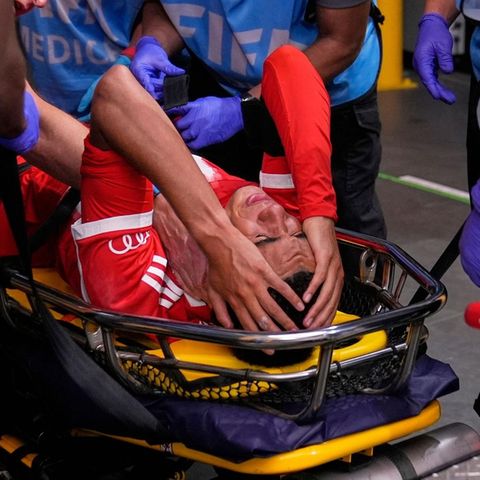In Latin American history, the figure of authoritarian leaders has left an indelible mark in the collective memory of the people. Augusto Pinochet in Chile, Alfredo Stroessner in Paraguay and Rafael Videla in Argentina are names that evoke terror, repression and pain. In contemporary Venezuela, Nicolás Maduro shares with these dictators a series of sinister traits and methods that have led our countries to suffer deep wounds. And although figures such as María Corina Machado and Edmundo Álvarez Urrutia have emerged as key players in the fight for democracy against authoritarianism, the regime does not cease its attempt to perpetuate itself in power.
The content you want to access is exclusive to subscribers.
Repression is a common denominator in these regimes. Pinochet, who ruled Chile from 1973 to 1990 after a coup d’état, established a regime of terror. According to the Rettig Report, more than 3,000 people were executed or disappeared, and nearly 28,000 were tortured. Stroessner, for his part, led Paraguay for 35 years, from 1954 to 1989, and under his command it is estimated that more than 2,000 people were murdered or disappeared, while thousands suffered torture. Videla, who led the military dictatorship in Argentina between 1976 and 1981, left a legacy of 30,000 missing people, according to human rights organizations.


Maduro, although in a different context, has adopted similar practices. Since his rise to power in 2013, reports of human rights violations have increased. According to the Office of the United Nations High Commissioner for Human Rights, more than 4,000 people have been killed in the context of security operations between 2018 and 2020. The repression of demonstrations and the persecution of opponents are constant, with hundreds of prisoners politicians and allegations of torture. We can see on social networks how masked gangs kidnap people in broad daylight and to the desperate cries of the kidnapped and neighbors. The situation reached a critical point in the last elections, where Maduro intends to impose himself in a fraudulent inauguration as president, evidencing total manipulation of the electoral system and absolute control over the country’s key institutions.
These characters share a sinister characteristic: the systematic elimination of opponents. Pinochet used Chile’s National Stadium as a detention and torture center, while Videla implemented clandestine detention centers in Argentina, where thousands were subjected to inhuman abuse. Stroessner, with his “Black List”, monitored and repressed any dissent. In Venezuela, under the regime of Maduro and Diosdado Cabello, security forces and paramilitary groups known as “colectivos” have been accused of intimidating and eliminating those who oppose the government. The former “El Helicoide” shopping center, in the center of Caracas, has been transformed into a place of detention and torture for political and social dissidents by the government’s secret police.
The suffering of the people under these regimes is incalculable. Violence, exile and marginalization are direct consequences. During the Videla dictatorship, thousands of Argentines sought refuge in other countries to escape repression. Pinochet forced hundreds of thousands of Chileans to leave their homeland. In Paraguay, exile was a constant for those who opposed Stroessner. Today, Venezuela is experiencing an unprecedented humanitarian crisis, with more than 7 million people having left the country due to violence, food and medicine shortages, lack of opportunities, and ideological persecution. Meanwhile, within the country, figures like María Corina Machado have led the opposition, facing persecution, threats and a constant attempt to silence their demands for freedom and democracy.
Perpetuation in power is another similarity. Stroessner governed Paraguay for 35 years, rigging elections and eliminating opponents. Pinochet attempted to prolong his regime through a plebiscite in 1988, which he ultimately lost. Videla, although he was not in power that long, was part of a military junta that tried to consolidate its rule through terror. Maduro, through electoral fraud and control of institutions, seeks to perpetuate himself indefinitely while his country falls apart.
In this context, Edmundo Álvarez Urrutia has been recognized by sectors of the opposition as the legitimate president of Venezuela, underlining the illegitimacy of the Maduro regime. This recognition reinforces the struggle of civil society and opposition leaders who seek to restore democracy. The determination of figures like Álvarez Urrutia and Machado becomes a ray of hope in the midst of the darkness that Venezuela is going through.
These authoritarian leaders, with their actions, have left deep scars in our countries. And in the case of Venezuela, Nicolás Maduro has entered the gallery of sinister characters of humanity. Latin American history, with its shadows and pain, reminds us of the importance of democracy, respect for human rights and the need to fight tirelessly against any form of authoritarianism.
He was president of the Argentine Society of Writers (SADE), deputy of the City of Buenos Aires on two occasions and is currently president of the Cities in Action Party.
Source: Ambito




